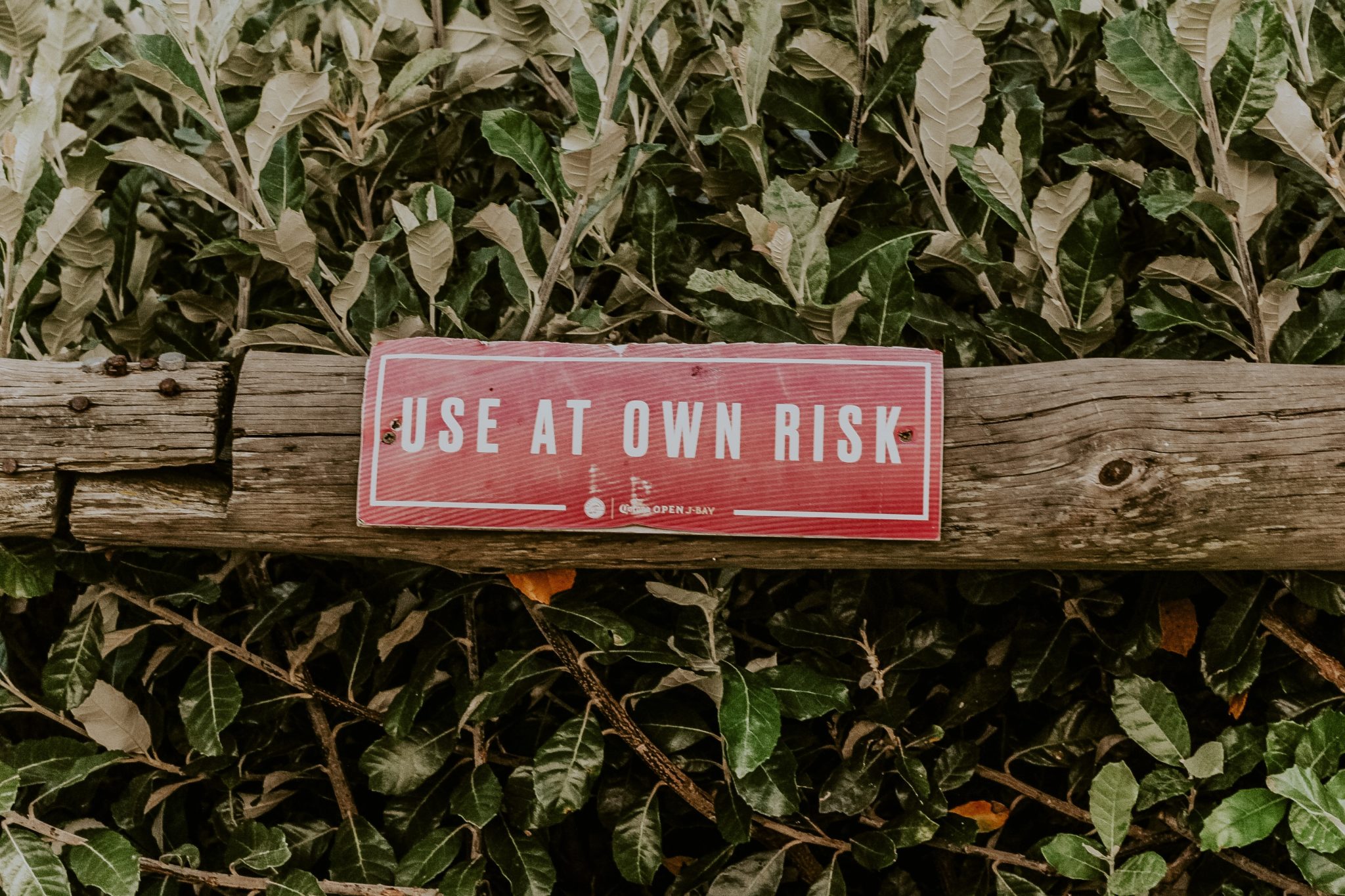Most Recent News


Popular News



Considering the vaccine from a risk versus reward perspective. Is it worthwhile?

From the left-leaning WSJ itself:
Are Covid Vaccines Riskier Than Advertised?
There are concerning trends on blood clots and low platelets, not that the authorities will tell you.
One remarkable aspect of the Covid-19 pandemic has been how often unpopular scientific ideas, from the lab-leak theory to the efficacy of masks, were initially dismissed, even ridiculed, only to resurface later in mainstream thinking. Differences of opinion have sometimes been rooted in disagreement over the underlying science. But the more common motivation has been political.
Another reversal in thinking may be imminent. Some scientists have raised concerns that the safety risks of Covid-19 vaccines have been underestimated. But the politics of vaccination has relegated their concerns to the outskirts of scientific thinking—for now.
Historically, the safety of medications—including vaccines—is often not fully understood until they are deployed in large populations. Examples include rofecoxib (Vioxx), a pain reliever that increased the risk of heart attack and stroke; antidepressants that appeared to increase suicide attempts among young adults; and an influenza vaccine used in the 2009-10 swine flu epidemic that was suspected of causing febrile convulsions and narcolepsy in children. Evidence from the real world is valuable, as clinical trials often enroll patients who aren’t representative of the general population. We learn more about drug safety from real-world evidence and can adjust clinical recommendations to balance risk and benefits.
[…]
Four serious adverse events follow this arc, according to data taken directly from Vaers: low platelets (thrombocytopenia); noninfectious myocarditis, or heart inflammation, especially for those under 30; deep-vein thrombosis; and death. Vaers records 321 cases of myocarditis within five days of receiving a vaccination, falling to almost zero by 10 days. Prior research has shown that only a fraction of adverse events are reported, so the true number of cases is almost certainly higher. This tendency of underreporting is consistent with our clinical experience.
The implication is that the risks of a Covid-19 vaccine may outweigh the benefits for certain low-risk populations, such as children, young adults and people who have recovered from Covid-19. This is especially true in regions with low levels of community spread, since the likelihood of illness depends on exposure risk.
And while you would never know it from listening to public-health officials, not a single published study has demonstrated that patients with a prior infection benefit from Covid-19 vaccination. That this isn’t readily acknowledged by the CDC or Anthony Fauci is an indication of how deeply entangled pandemic politics is in science.
[…]
Public-health authorities are making a mistake and risking the public’s trust by not being forthcoming about the possibility of harm from certain vaccine side effects. There will be lasting consequences from mingling political partisanship and science during the management of a public-health crisis.
They certainly are risking the public’s trust. They just don’t care.
The vaccine is really becoming an obvious example of a poor choice given a risk versus reward scenario.
Consider two clear demographic groups:
Yet, the “experts” have not figured out that they probably shouldn’t recommend it to those groups. Just like the “experts” didn’t figure out the situation with the masks except through constant flip-flopping, didn’t figure out the accurate death rate for over a year, didn’t figure out proper treatment protocols for an infection, and didn’t figure out that the virus was from a lab leak for over a year when we knew it since a month after the release.
These people shouldn’t have your trust. Not with that kind of track record.
Just look at this absolute train-wreck of an article for further proof:
Why most people who now die with Covid in England have been vaccinated
Don’t think of this as a bad sign, it’s exactly what’s expected from an effective but imperfect jab
A Mail Online headline on 13 June read: “Study shows 29% of the 42 people who have died after catching the new strain had BOTH vaccinations.” In Public Health England’s technical briefing on 25 June, that figure had risen to 43% (50 of 117), with the majority (60%) having received at least one dose.
t could sound worrying that the majority of people dying in England with the now-dominant Delta (B.1.617.2) variant have been vaccinated. Does this mean the vaccines are ineffective? Far from it, it’s what we would expect from an effective but imperfect vaccine, a risk profile that varies hugely by age and the way the vaccines have been rolled out.
[…]
The vaccines are not perfect. PHE estimates two-dose effectiveness against hospital admission with the Delta infections at around 94%. We can perhaps assume there is at least 95% protection against Covid-19 death, which means the lethal risk is reduced to less than a twentieth of its usual value.
Summary: The vaccine is 95% protective against death from COVID, but also the majority of people dying are vaccinated.
They useful idiots really are that blind. It’s fascinating, isn’t it?
Read Next:
The COVID Vaccine: Thoughts and Scenarios
Greater Risk of Complications From The Vaccine Than The Virus
How Bad Is American Indoctrination? Worse Than North Korea
The Isolated Class And The Illusion Of Competition In Capitalism
If you enjoyed this article, bookmark the website and check back often for new content. New articles most weekdays.
You can also keep up with my writing by joining my monthly newsletter.
Help fight the censorship – Share this article!

(Learn More About The Dominion Newsletter Here)